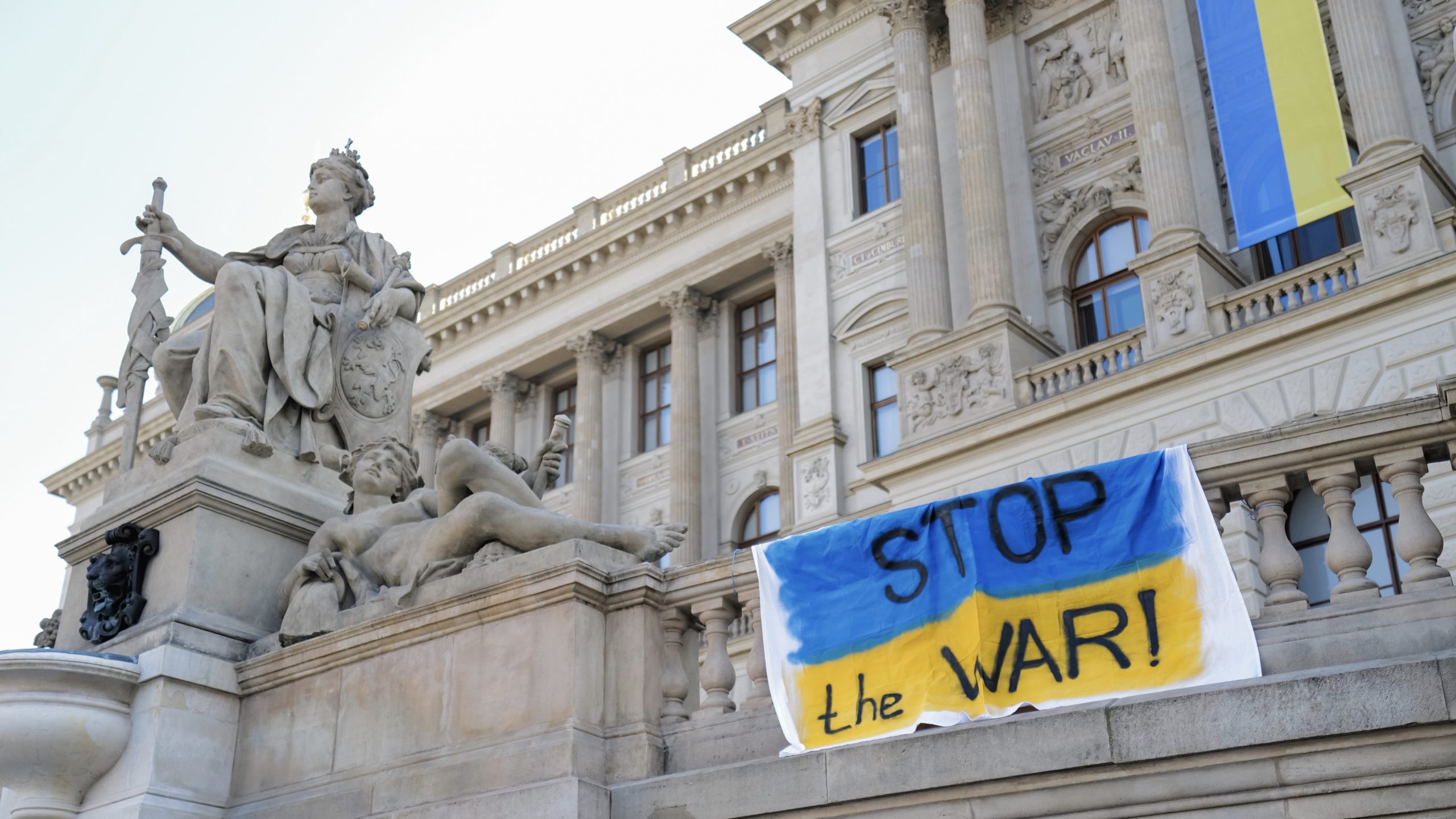1. How about the religion?
The first thing I noticed when I started living in the Czech Republic was religion. Or rather, the absence thereof in the local culture. Most people in the Czech Republic are irreligious – often atheists or agnostics. In general, the Czech Republic is one of the least religious countries in Europe, but the Czechs tend to believe in magic, astrology and fortune telling rather than the church. When it comes to Ukraine, the majority of the population are believers. Today, 78% of Ukrainians identify as Orthodox Christians. The tradition of going to church on Easter as well as on major religious holidays is common in Ukraine.
2. The Czech Republic has more individualistic society than Ukraine.
Of course, this doesn’t mean that people in the Czech Republic tend to think only of themselves. Basically, it signifies that Czechs usually don’t form into groups, unlike Ukrainians. Also, people are more likely to respect other people’s personal space and not to violate boundaries. Ukraine’s society is more of a mix between individualistic and collectivistic ideas. Since the times of the Soviet Union, Ukrainian society, especially the older generation, has been inclined towards collectivism. However, individualism is increasingly common among young people. When it comes to migrants, one can find frequent gathering of people in groups. This is especially noticeable in the diasporas of Ukrainians abroad – Canada, the US, Poland.

3. Hockey is the main sport in the Czech Republic, in Ukraine, it’s football.
It’s easy – in the Czech Republic, you should know David Pastrňák and Tomáš Hertl, in Ukraine, it’s Andriy Yarmolenko and Viktor Tsyhankov. Although the main national sports are different, Ukraine and the Czech Republic have something in common – sport is popular among the local population. If you live in Odessa, you can often see joggers on the promenade by the sea in the morning, or people at outdoor sports grounds, just as in Prague you will see a plenty of people running or exercising in gyms.
4. Hiking is a popular outdoor activity for the Czechs.
What do people do on the weekends? In Ukraine, common activities include a trip to the countryside or to a city for a picnic. In the Czech Republic, it’s hiking. Czechs love to get out into the wilderness in pairs, with friends, or the entire family. Often with tents and big backpacks.
5. What surprised me the most – concerts and many events in the Czech Republic are held on weekdays.
In Ukrainian cities, all concerts, festivals, and theatrical performances take place on Friday, Saturday and Sunday, except for the summer season. In the Czech Republic, concerts quite often take place on Mondays, Wednesdays, or other weekdays. I believe this stems from the fact that Czechs enjoy life more, live it smoothly, and in a measured way. Thus, most people finish their working day at 6 o’clock, and can spend the evening at an event. In Ukraine, everything is always on the run, many people work irregular hours, and we go out mostly during the weekends.
Two questions for the political geographer
In September 2022, I met with a political geographer and university lecturer Michael Romancov, who specializes, among other things, in the history of international relations. We discussed the Russian-Ukrainian conflict – and on that occasion, I also asked him these two questions.
Should all Ukrainians now speak exclusively Ukrainian? What effect would such a change have on our cultural identity?
Quite frankly, I don’t have a clear answer. However, I believe that it is beneficial for every person to be able to speak more than one language. In the former Czechoslovakia, most of the population knew German, or at least understood German, until 1945. After World War II, 3.5 million Germans left the country, even though they were citizens of Czechoslovakia. And with them, German also disappeared from the country. Today, it would be advantageous for us to know this language, after all, we are neighbors of both Germany and Austria. I hope that one day, Russian will be rehabilitated again. At the same time, however, it is desirable that Ukrainian remains the primary language in Ukraine.
When I started learning Czech, I noticed that Czechs say “on Ukraine” and not “in Ukraine”. We Ukrainians perceive it a little offensively, the first connection is often used by the Russians to demonstrate their superiority and show that Ukraine is like an island, a kind of suburb of Russia. Is this political context also valid in Czech?
Local linguists and political scientists discuss this issue a lot and focus on whether the mentioned preposition has any offensive character. I myself think that rather not, and that the use arose naturally – after all, in Czech, we also say “on Slovakia”, not “in Slovakia”. Although this connection may not be pleasing to Ukrainian ears, believe me, it is not meant to be insulting.
Michael Romancov, PhD.
Political geographer, scholar, and publicist. He works at the Department of Political Science, Institute of Political Studies, Faculty of Social Sciences, Charles University, and at the Metropolitan University in Prague. He contributes to a number of Czech periodicals. He is a graduate of the Faculty of Education, Faculty of Arts and Faculty of Social Sciences of Charles University and the author of several publications. He is fluent in English and Russian.
Have you noticed any similarities or differences between Ukrainians and Czechs? Share your thoughts with us!

